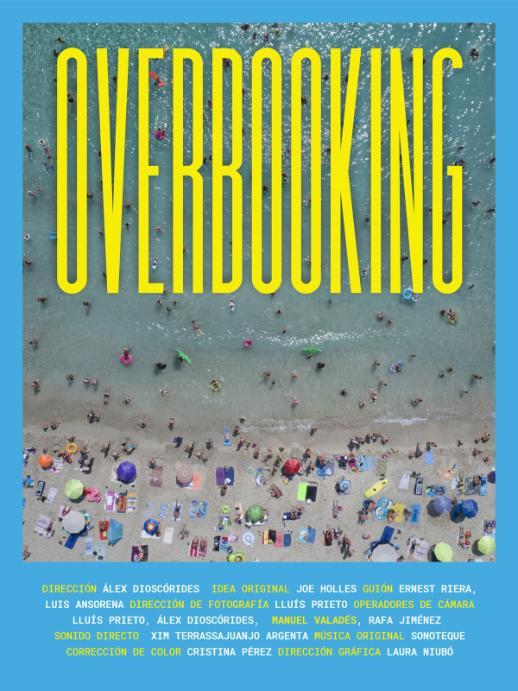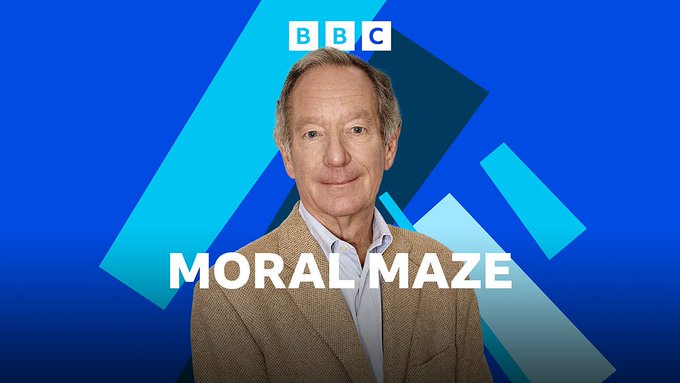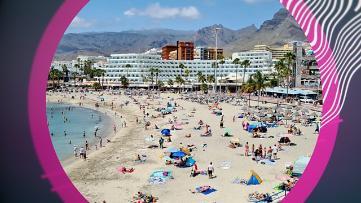ongoing collaborative Research Projects
Overview
Communicating Sustainabilities works to bring academics together with professionals, activists, community groups and government to develop participatory research projects. You can find examples of key collaborations below:
Overtourism in Spain and Scotland – A Community Approach
This project, run by Guillem Colom Montero analyses discourses and cultural representations of tourism by resident communities, authors and artists in Spain. Guillem has recently extended his work to study other overcrowded destinations in Europe, such as Edinburgh, the Scottish Highlands and Western Islands, Cornwall, Lisbon, Venice, and Amsterdam. Through a focus on the cultural, discursive and symbolic aspects of leisure mobilities, he explores the impacts of mass tourism on community identity and belonging, right to city and place, housing and labour, rural and urban landscapes, and the environment.
Guillem says:
As part of his uutreach activities, Guillem has presented and led discussions on Overbooking, a landmark documentary directed by Álex Dioscórides and produced by Joe Holles de Peyer (click picture below):
Guillem has discussed his work on the BBC's Moral Maze (click picture below):
And also on BBC ALBA's Eorpa (click picture below):
And here is a sample of the media attention his project has received in Spain
- In 2024, my work has been picked up and I have been interviewed in a variety of printed and online newspapers: Ultima Hora (March & April), Ara, DBalears.
- In 2022, Jordi Amat discussed my work on his Sunday column on the opinion pages of El País (printed & online), and journalist Cristina Ros mentioned my research in her weekly article in Ara Balears.
- In 2021, the newspaper Ara Balears picked up my research tourism and Catalan language in Majorcan real state sector.
- In 2020, I was interviewed by the newspaper Ara Balears, which dedicated its front cover and two pages to overtourism in Majorca. Here is my tweet of the printed version and here is a link to the online article.
- In 2019, my research was picked up by the Majorcan author Pere Antoni Pons in his weekly column in Ultima Hora, and Ara Balears published a two-page piece on my article on comics, tourism and cultural trauma in Majorca.
- In 2018, I featured in the TV programme ZoomIB3, broadcast by the Balearic Islands public TV channel IB3. You can watch the programme here (my participation is from 15:10–18:45).
- In 2017, I featured in a two-page interview on my project on tourism in Ara Balears.
Barraigh agus Bhatarsaigh - Barra and Vatersay
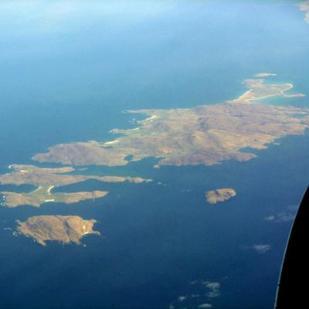
The schools and communities on Barra and Vatersay are involved in a number of projects on sustainability, many in collaboration with researchers from universities. There are links to several of these below.
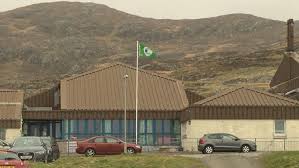
Staff and pupils at Sgoil Bhàgh A’ Chàisteil (Castlebay Community School) have been involved in the Communicating Sustainabilities project since our inaugural event in 2022.
The school is currently collaborating with Dr Laurence de Clippele from the University of Glasgiw on the project DeepSea Nexus: Connecting with your oceans through Extended Reality and with Dr Alejandro Gonzalez-Ollauri, Professor Heather Lynch and Professor Slobodan Mickovski from Glasgow Caledonian university on Muir is Tìr, an outreach project which focuses on tackling coastal erosion while promoting environmental and community wellbeing.
Each year the school is involved in the Isle of Barra and Vatersay Science Festival.
In May 2023, Guillem Colom Montero from the University of Glasgow hosted screenings of the documentary Overbooking with a public discussion at Sgoil Bhàgh A’ Chàisteil and Castlebat Community Hall - see more about this here.
Voluntary Action Barra & Vatersay has been running sinc ethe 1960s and is committed to developing and delivering activities that contribute to the long term social, economic and environmental vitality of Barra and Vatersay.
The Barra and Vatersay Area Forum is a constituted group with the goal of achieving the following:
-
Discussing and promoting social and economic matters that affect both Barra and Vatersay.
-
Reaching agreed decisions that reflect the interests of both islands on specific topics and issues.
-
Supporting individual projects, especially those requiring assistance with funding applications.
-
Promoting communication and fostering collaboration between the various groups operating within the Barra and Vatersay communities.
-
Developing the Barra and Vatersay Plan.
-
Enhancing communication with the local community, keeping them informed about the work of the Barra and Vatersay Forum, its Development Officer, and its Member Organisations.
Coimhearsnachd Bharraidh agus Bhatarsaidh (Barra and Vatersay Community) Ltd is a community owned company whose aim is to support community development on Barra and Vatersay. They are managed by a volunteer board of directors drawn from the Company membership and the membership is open to any residents of Barra and Vatersay who are on the voting register.
The University of Glasgow GALLANT project
GALLANT will use Glasgow as a living lab to trial new sustainable solutions throughout the city. GALLANT takes a whole-systems approach. While addressing the city’s key environmental challenges, the programme will consider the co-benefits and trade-offs for public health, wellbeing, and the economy. GALLANT aims to deliver the social priorities of the UN Sustainable Development Goals while remaining within the planetary boundaries of a 1.5°C world using doughnut economics as a framework.
communiMap is an easy-to-use community science app developed by the GALLANT project at the University of Glasgow. It helps people of all ages notice, record, and share what they see in their neighbourhoods, from urban trees and hidden wildlife to water events, local energy projects, and compost heaps.
Click here to see more about GALLANT.
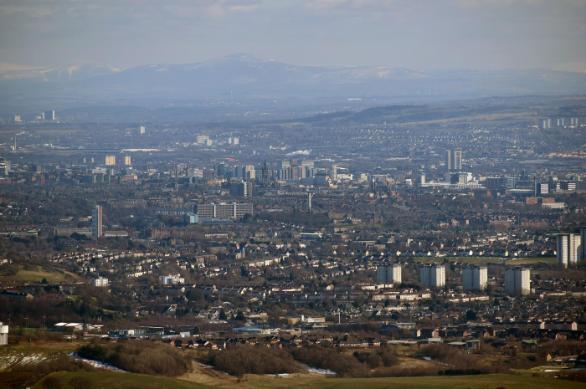
Sustainable Fashion Employability Skills
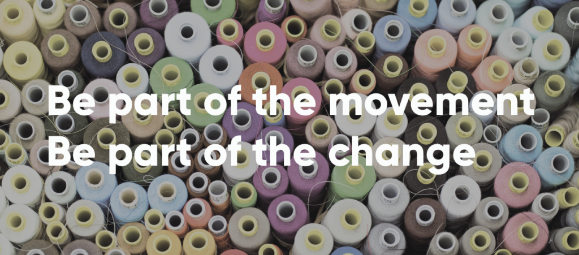
Fashion is the largest employer of all the UK’s creative industries. The European fashion industry is estimated to support 1.7 Million jobs and its direct value to the economy is estimated at €325 bn. Understanding enterprise and employability in this sector means that students can be better prepared for a changing world, a sustainable one in which there is uncertainty, challenge and self-created opportunities. Sustainable Fashion Employability Skills aims to equip students with the skills and competencies to enhance their employability, whilst ensuring the sustainability of fashion, including its ethicality, heritage and environmental impact for processes in fashion creation, marketing and production.
For more information click here.
Muir is Tìr (Land and Sea) - Adapting to Coastal Change on Barra and Vatersay
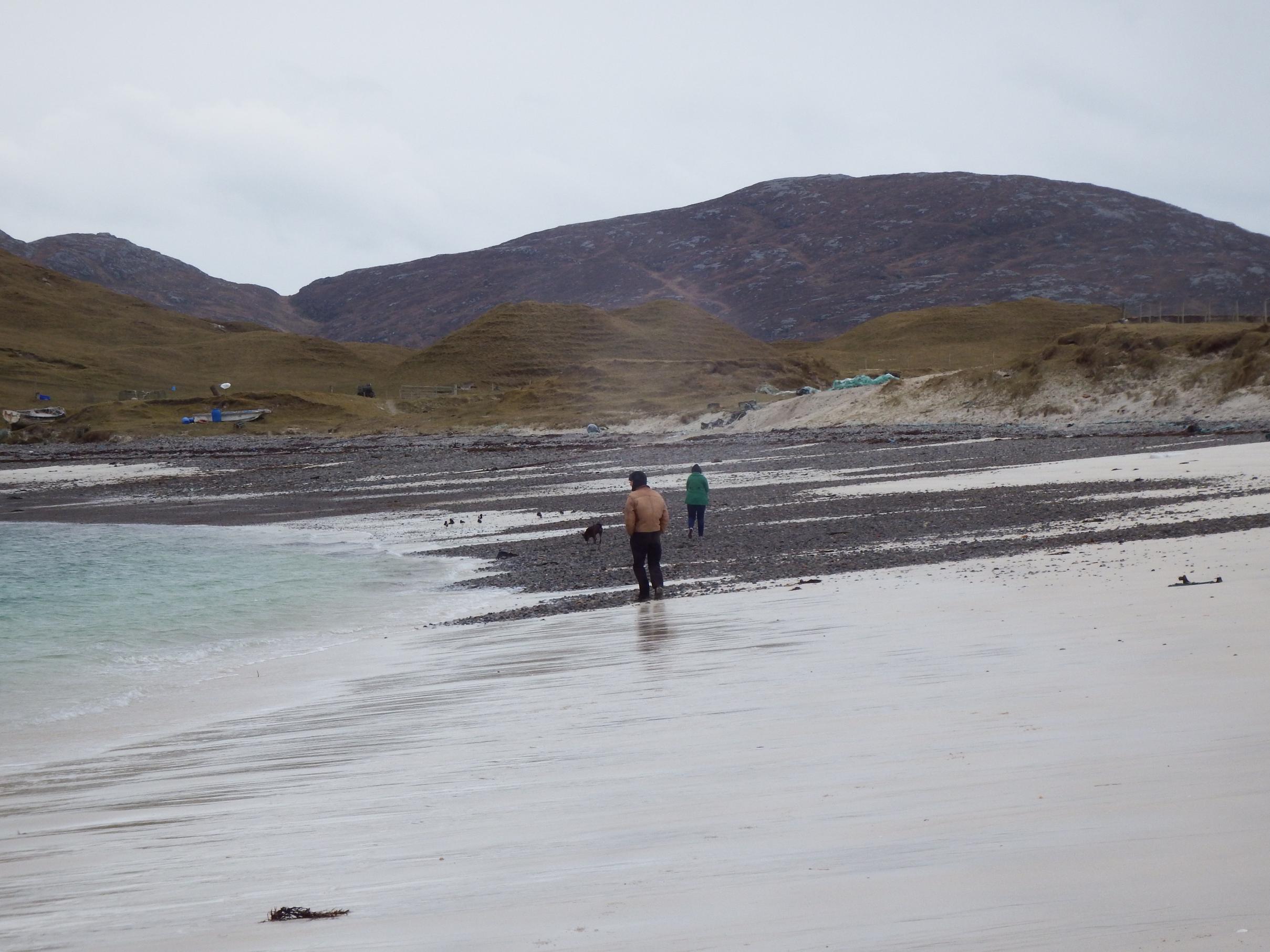
The four-year project, Muir is Tìr (Land and Sea) – Adapting to Coastal Change on Barra and Vatersay, focuses on tackling coastal erosion while promoting environmental and community wellbeing. The islands of Barra and Vatersay are significantly affected by erosion, particularly along the sand dunes and beaches, due to exposure to storms and rising sea levels of the Atlantic Ocean. The coastal erosion threatens businesses, homes and landmarks. Natural ways to manage erosion in past projects elsewhere by the University have involved using shellfish reefs or timber structures.
For more information click here.
The H4rmony Project
The H4rmony Project, in colaboration with the University of Gloucestershire, pioneers the integration of artificial intelligence with ecological awareness at a time when our planet stands at a critical ecological crossroads. Our mission is to transform how Generative AI understands and interacts with the world, embedding sustainability and ecological consciousness at its core through ecolinguistic principles. Given the unparalleled power of AI as a technology, it could represent our last chance to realign our relationship with nature, correcting the course towards a sustainable future. Through extensive research, collaborative efforts, and cutting-edge technology, we aim to reshape AI’s narratives and discourses. Our goal is to overturn the damaging stories that have permeated our existence, leveraging AI as a force for positive ecological change.



